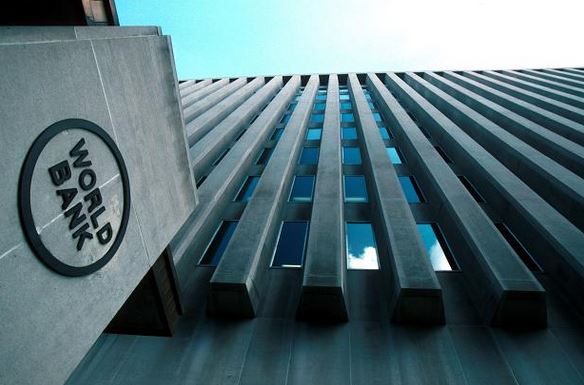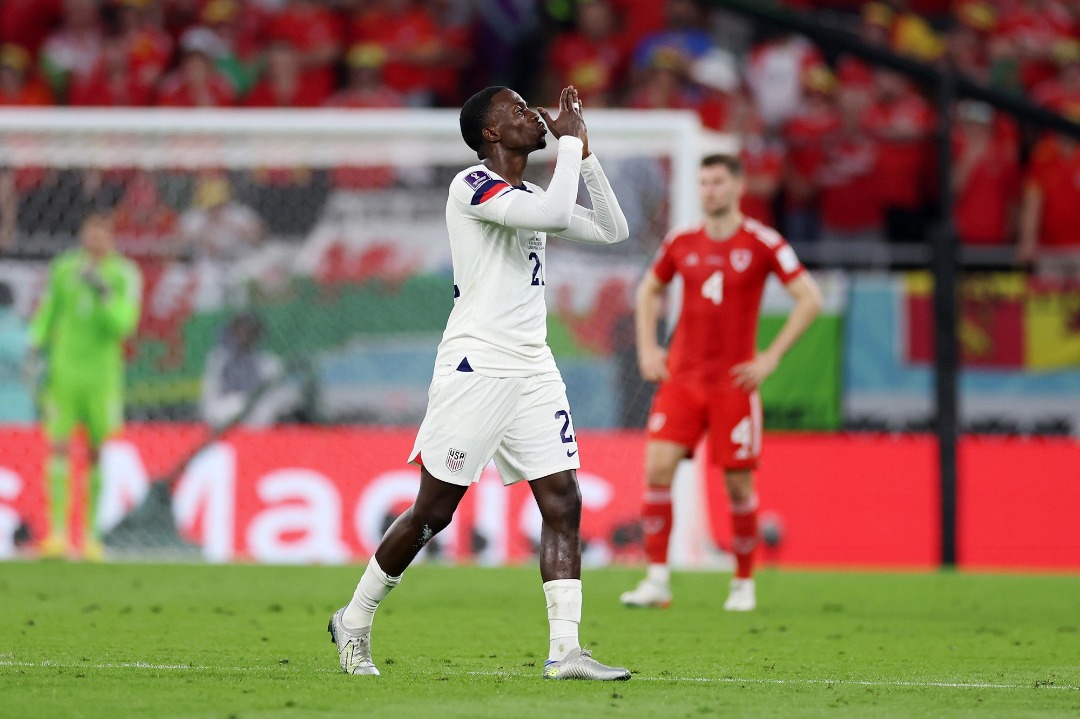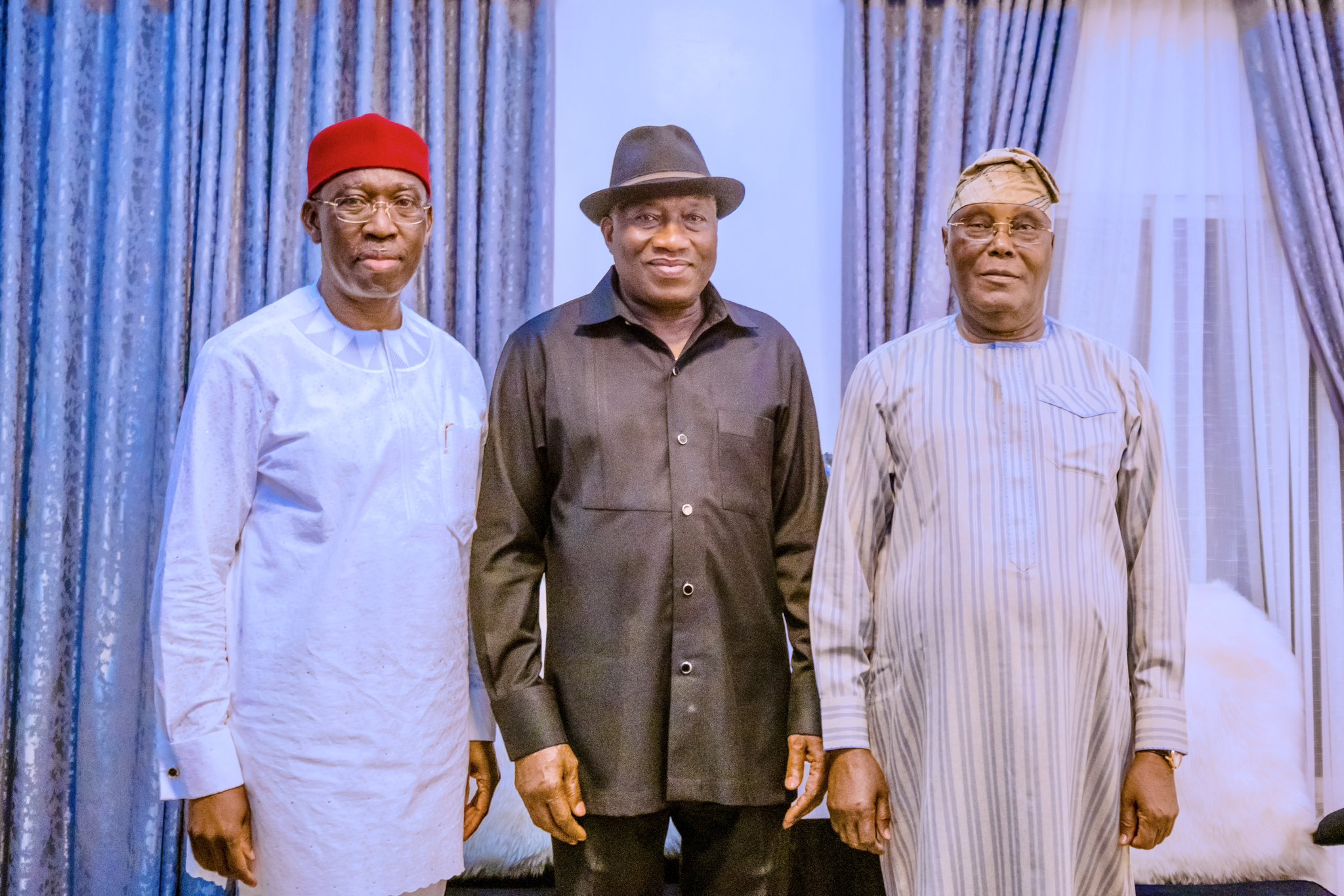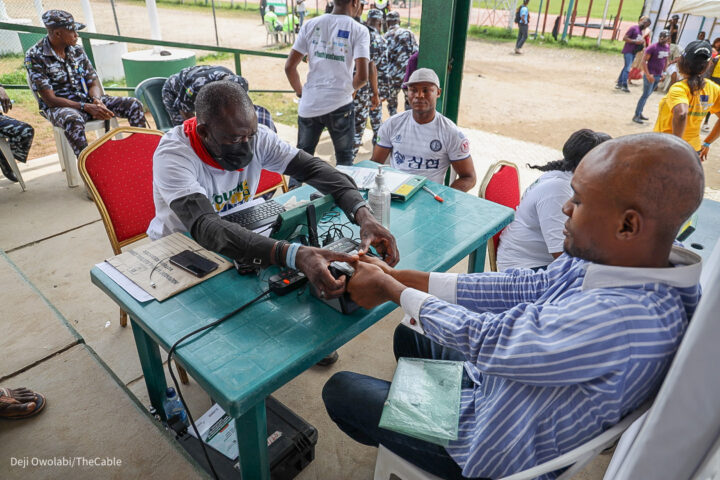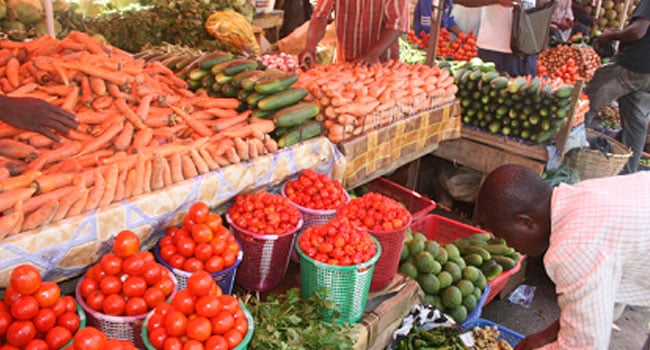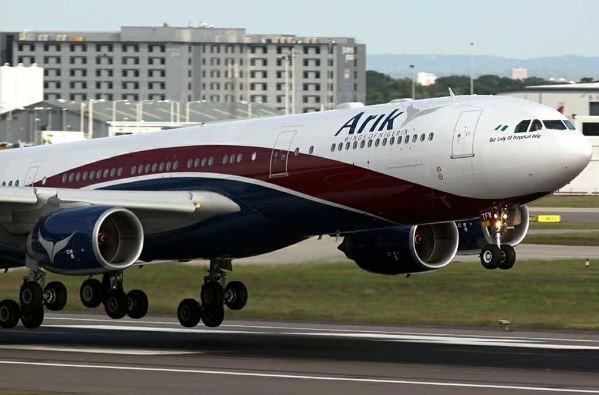The World Bank says Nigeria needs to urgently phase out “its costly, regressive fuel subsidy.”
The bank disclosed this in a statement announcing the launch of its report, titled ‘Nigeria public finance review report’, on Monday.
The report was prepared at the request of the federal ministry of finance, budget, and national planning; and in collaboration with the budget office of the federation; the National Bureau of Statistics (NBS); the office of the accountant-general of the federation; and the Debt Management Office (DMO).
World Bank, in the report, urged Nigeria to fix its public finances to promote inclusive, sustainable development outcomes.
Advertisement
It also called for urgent macroeconomic and fiscal reforms to lift the development outcomes, which are severely constrained by the inefficient use of resources.
“For years, a large share of Nigeria’s resources have financed inefficient and regressive subsidies for petrol, electricity, and foreign exchange. Not all these subsidies are accounted for in the budget, which makes them difficult to track and scrutinise,” the report reads.
“However, available data suggest that these subsidies, which accounted for more than the amount spent on education, health, and social protection in 2021, benefit primarily wealthy households.
Advertisement
“They also distort incentives, discourage investment, and crowd-out spending on pro-poor programs, thereby hindering progress in Nigeria’s social development”
The bank’s report further said Nigeria needs to improve efforts to generate enough revenues by dealing with the challenge of low tax rates, poor utilisation of tax bases, weaknesses in tax administration, and large deductions from oil revenues.
“Nigeria has one of the lowest public expenditure and revenue levels in the world, undermining the government’s ability to improve service delivery. Between 2015 and 2021, total public spending in Nigeria averaged 12 percent of the gross domestic product (GDP), less than half the world average of 30 percent. Improving service delivery requires more resources,” it added.
“Therefore, one of the most critical aspects of meeting Nigeria’s vast development needs lies in raising more revenues, as the country ranks consistently among the world’s poorest-performing countries in terms of public revenue mobilisation.”
Advertisement
Commenting on the report, David Malpass, World Bank’s group president, said Nigeria’s government urgently needs to strengthen fiscal management, create a unified, stable market-based exchange rate, phase out its costly, regressive fuel subsidy, and rationalise preferential trade restrictions and tax exemptions.
This, he said, would lay the groundwork for the increases in public revenues and spending needed to improve development outcomes.
“Decisive moves would significantly improve the business enabling environment in Nigeria, attract foreign direct investment, and reduce inflation. The World Bank is ready to increase support to Nigeria as it designs and implements these critical reforms,” Malpass added.
On his part, Shubham Chaudhuri, World Bank Nigeria country director, said the country was at a critical historical juncture and has a choice to make.
Advertisement
“A child born in Nigeria today will be only 36 percent as productive when she grows up as she could be if she had access to effective public education and health services, and has a life expectancy of only 55 years,” he said.
“These stark indicators illustrate the urgency for action by Nigeria’s policymakers to improve the macroeconomic and fiscal framework, so as to sustainably enhance the quality of spending and public services at federal and state levels.”
Advertisement
According to Chaudhuri, Nigeria was in a position where it cannot afford to do things sequentially, adding “and we’ve been saying this for the last two years”.
“It may seem like no Nigeria will muddle through, but it has really come to a point where all hands should be on deck,” he added.
Advertisement
“The elephants in the room have to be dealt with, all other measures and parallel, have to be taken and there is an effort to ensure that government programmes deliver and public funds are used in the most cost-effective, high-value ways possible.”
Chaudhuri, noted that the World Bank had, from February 2022 to date, managed to provide about $9 billion and concessional financing for a variety of development needs.
Advertisement
He expressed his desire for the organisation to be seen “as a true partner, who is trusted as credible in helping Nigeria move forward and meeting the various challenges it faces in various ways”.
Add a comment
